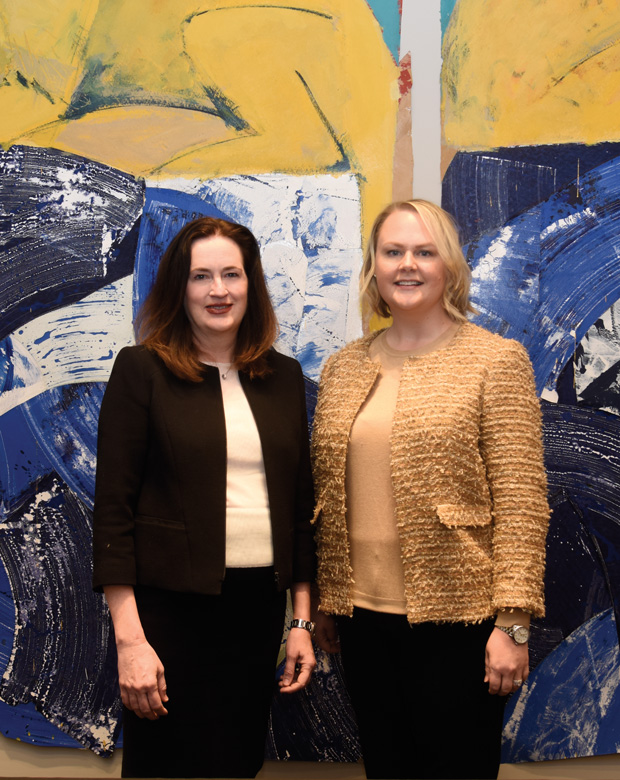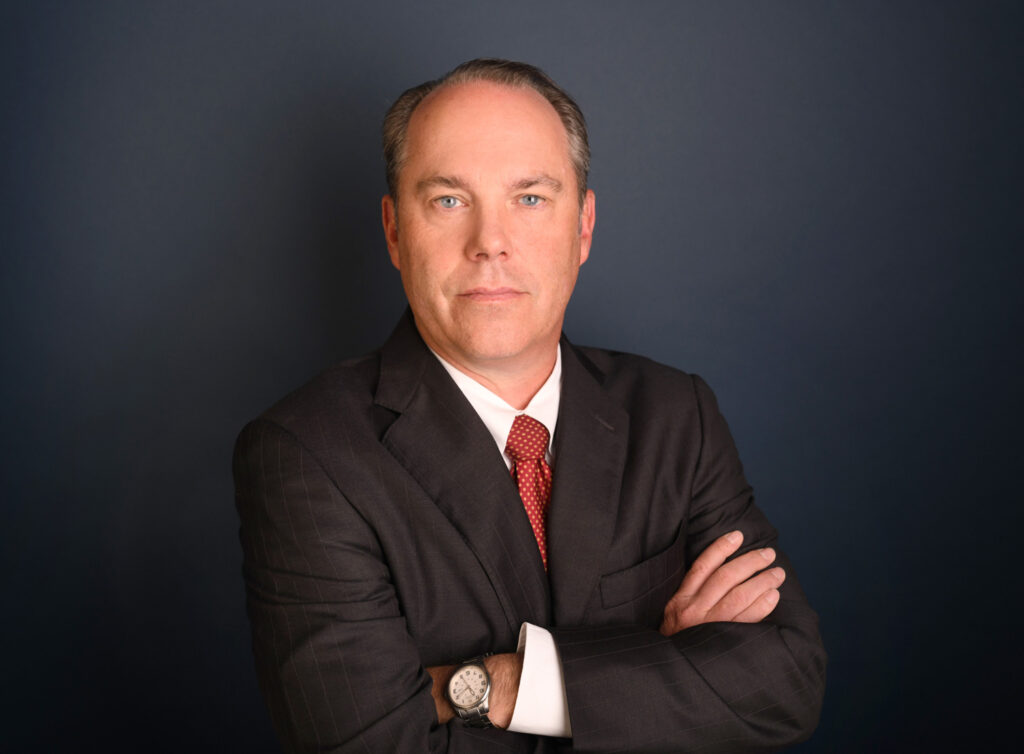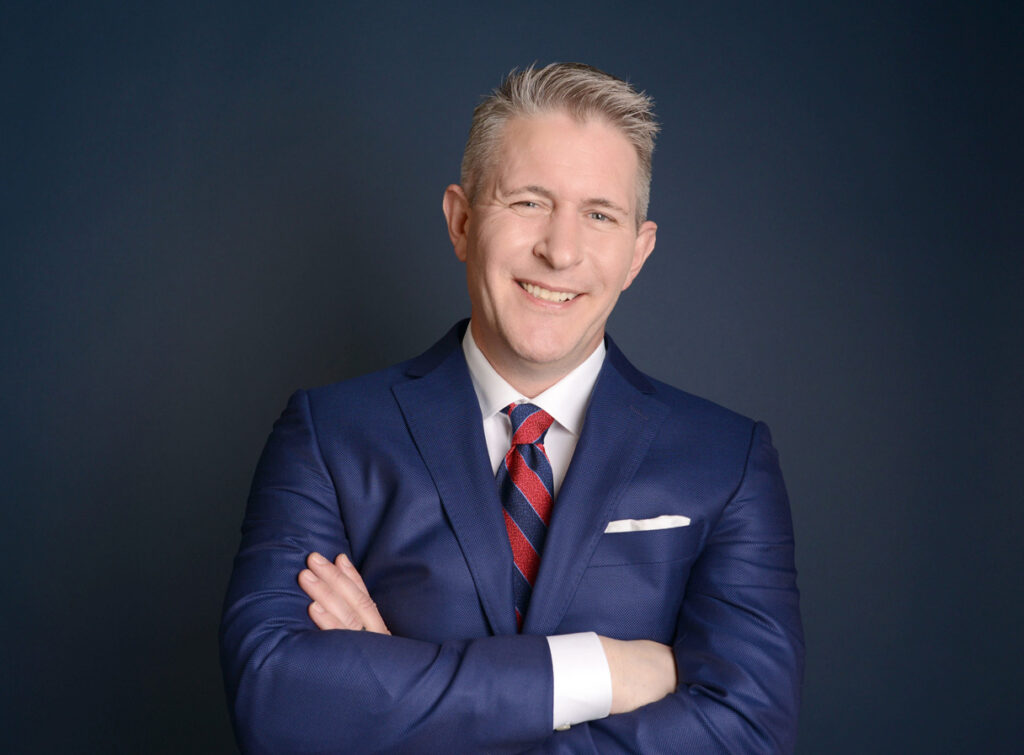When the states took on Big Tobacco in the 1990s, Robins Kaplan LLP was there. The firm helped to recover more than $6.5 billion on behalf of Minnesota Blue Cross and Blue Shield and the State of Minnesota for tobacco-related healthcare costs and ongoing anti-smoking initiatives.
In the decades since, another insidious killer has infiltrated society in the form of opioid drugs. Once again, Robins Kaplan is on the front lines of justice. The firm announced in February that proposed settlements totaling $589 million had been reached on behalf of Tribal Nations in the national opioid litigation brought against Janssen Pharmaceuticals, Inc., Janssen Pharmaceutica, Inc. N/K/A Janssen Pharmaceuticals, Inc., Johnson & Johnson, Ortho-McNeil-Janssen Pharmaceuticals, Inc., N/K/A Janssen Pharmaceuticals, Inc. (Janssen) and distributors AmerisourceBergen Corp., McKesson Corp., Cardinal Health, Inc.







